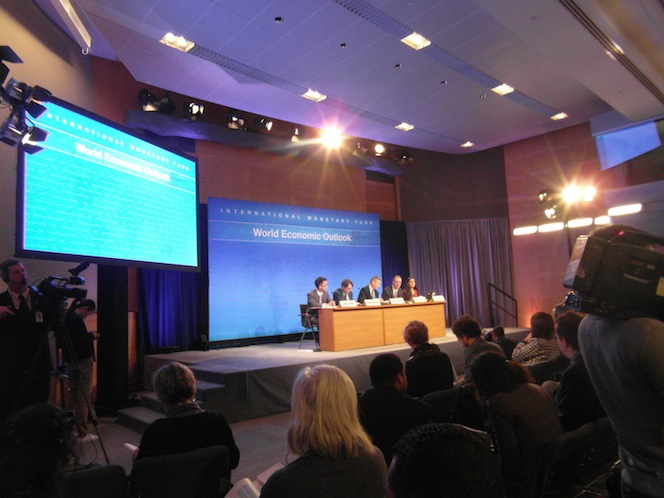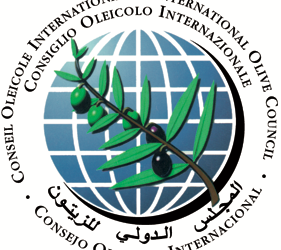
The IMF World Economic Outlook 2013 Report (WEO) released here today in Washington DC at the IMF headquarters reveals that the world economy has moved to a “three-speed recovery”.
The IMF reports that there is strong recovery in emerging markets and developing countries but weaker recovery in advanced economies. In emerging markets and developing countries, growth is predicted to reach 5.3 percent in 2013 and 5.7 percent in 2014.
In the advanced economies, there is a split, with the US forecast to grow at 2 percent in 2013 and 3 percent in 2014, whilst the Euro area is expected to contract by 0.3 percent in 2013 and then grow 1.1 percent in 2014.
Italy, Libya’s largest trading partner, for example, is expected to experience a contraction of its economy of 1.5 percent in 2013 and 0.5 percent in 2014. The Euro area generally, again Libya’s biggest trading partner, is also expected to contract by 0.3 percent in 2013 and grow by only 1.1 percent in 2014.
The WEO Report noted that there was noticeable slowdown in emerging markets and developing economies during 2012 — “a reflection of the sharp deceleration in demand from key advanced economies”. Closer to home, the report noted that MENA region states “struggle with difficult internal transitions”. It notes that growth in MENA is expected to slow to 4.3 percent in 2013, from 6.4 percent in 2012.
Regarding hydrocarbons, spot crude oil prices have remained stable if not high, noted the IMF, at an average selling price of $105 since early 2011. In oil exporting MENA states, 2012 was a year of robust growth reaching 4.75 percent. In 2013, a scaling back of hydrocarbon production is expected among oil exporting MENA states to about 3 percent though as world consumption falls slightly.
While the IMF warns that oil exporting states are tied to oil prices and global growth, they feel that their low public debts and their reserves offer a safety buffer in the short term. A longer term fall in oil demand caused by slower world economic growth would offer a longer term challenge.
The IMF warns that many MENA countries need “to re-establish or maintain macroeconomic stability amid political uncertainty and social unrest” and that they must not lose sight of the “medium term challenge of diversifying their economies, creating more jobs, and generating more inclusive growth”.
The IMF confirmed its forecasts on Libya of 20.2 percent GDP growth in real terms for 2013, 10.1 percent for 2014 and 5 percent for 2018. With regards to the balance of current account it predicted 25.8 percent growth for 2013, 17.7 percent for 2014 and a worrying minus 0.4 percent for the long term 2018 forecast.
This is a flag for the Libyan authorities that spending, such as wages and subsidies, could not be sustainable at current rates.
[/restrict]












